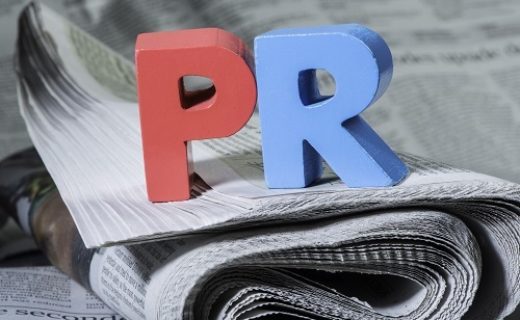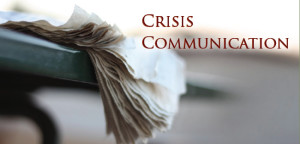The long saga of Hillary Clinton and her private email server is finished. FBI Director James Comey announced that the FBI would not recommend any criminal charges against Hillary Clinton. The potential of a criminal indictment was a dark cloud hanging over her presidential campaign. Comey did say that 110 of Clinton’s emails contained classified information and criticized her for endangering security with a homebrew system. He basically said that what Clinton and aides had told the public was lies. Most would think that Clinton would emerge from this as a winner, yet the result is that she, Attorney General Loretta Lynch, and the FBI are major public relations losers and in need of a crisis communications response.
Why is this?
Any investigation of a politician during an election cycle is lined with potential landmines. A decision to seek prosecution or not to will lead to charges of playing politics and ignoring the law. Yet the investigation into Hillary Clinton and the FBI’s announcement not to seek an indictment was even more fraught with the potential of public distrust, all a result of the Clintons and those around them. First there was the private meeting last week between former President Bill Clinton and Attorney General Loretta Lynch (who as Attorney General was technically in charge of the Clinton investigation). Although both she and Bill Clinton denied the investigation was discussed it gave the public appearance of impropriety. Add to that equation, that over the weekend, people said to be associated with the Clinton campaign leaked that if elected Hillary Clinton may opt to retain Lynch as Attorney General. All of which puts the investigation and its findings under a public relations cloud.
So what should be done?
- The FBI. FBI Director James Comey needs to make the media rounds and explain in detail what led the FBI to reach its findings. Beyond that he needs to demonstrate that there was no undue influence placed upon him or threats made, if he opted not to recommend an indictment. He must also explain in detail how while giving a blistering account of Hillary Clinton’s incompetence with the private email server and the potential national security risks, the FBI still came to the conclusion not to indict Clinton.
- Loretta Lynch. The Attorney General is tarnished with her meeting with Bill Clinton. Even if the case was never discussed, the meeting was wrong and has damaged her reputation. The reports that her retention by Clinton was being considered further harmed her. She needs to announce that under no circumstances will she remain Attorney General in a Clinton Administration nor take any other appointment that might be offered.
- Hillary Clinton. The prospective Democratic presidential nominee is severely damaged. Despite the fact that she will not be criminally indicted, she is losing in the court of public opinion. Larger numbers of Americans view her as dishonest and untrustworthy than Richard Nixon in his heyday. Clinton who has been disinclined to hold press conferences and meet with the media, needs too do so at once. She must answer every question the media wants to ask her until she tires them out. She must show a new openness with the media and public. None of this will make everyone trust her but will be a start in earning back some level of trust. She must also ensure that she and her campaign come across in Dwight Eisenhower’s famous words as “clean as a hound’s tooth”.
Much of the public relations damage that was done during the Clinton email investigation was self-inflicted and could have been avoided. It is a lesson for CEOs, celebrities, sports stars and anyone who finds themselves under the spotlight, it isn’t just a matter of being exonerated criminally, it is a matter of how does it appear to the public because images do matter.





